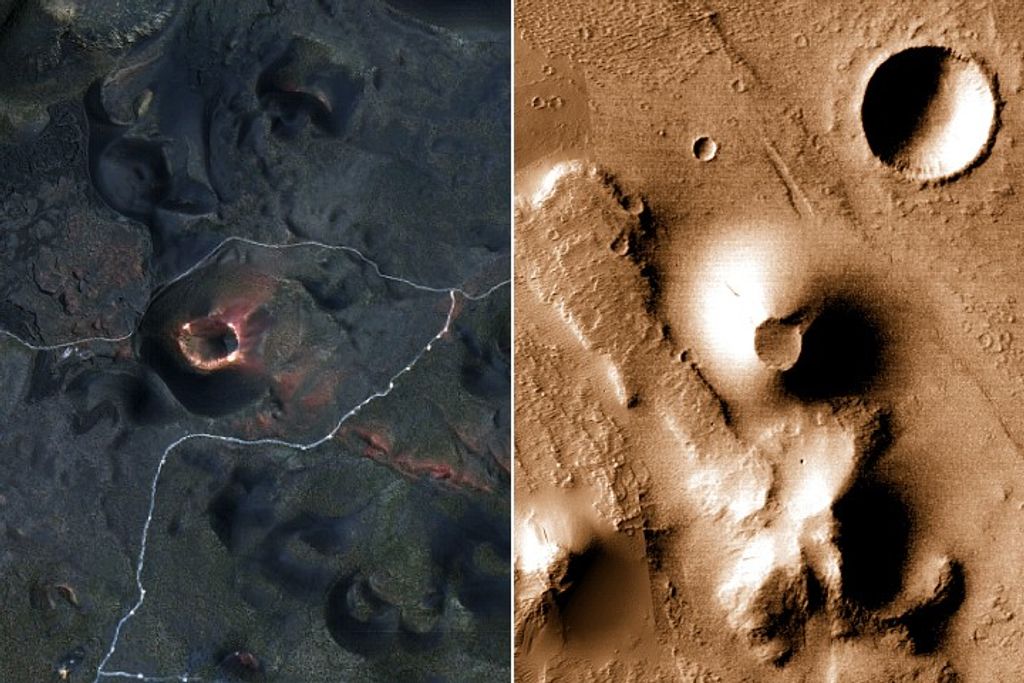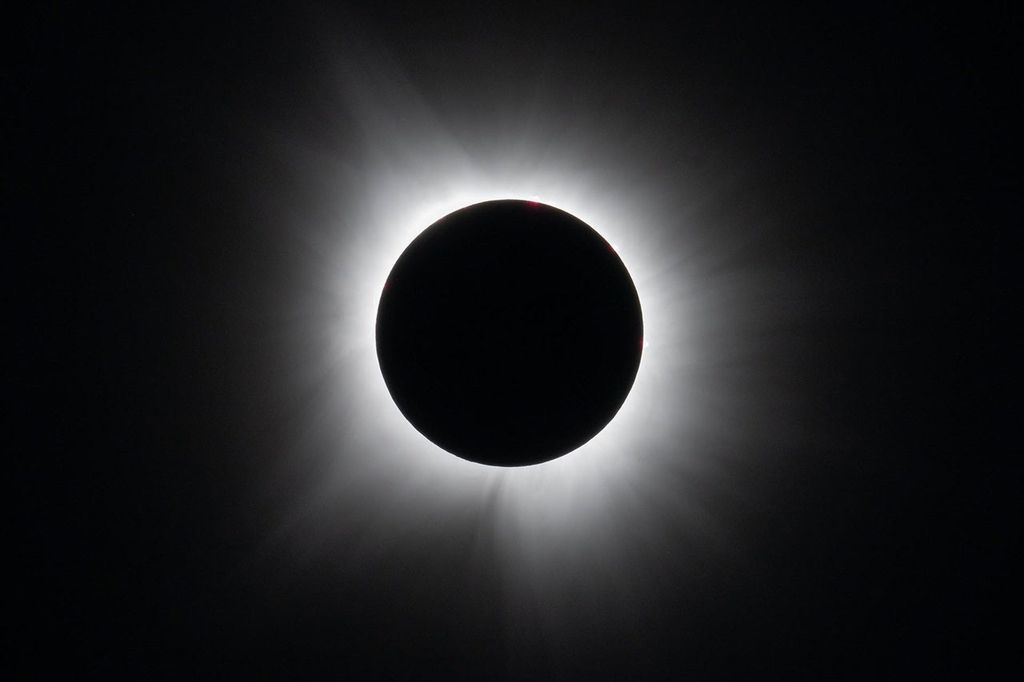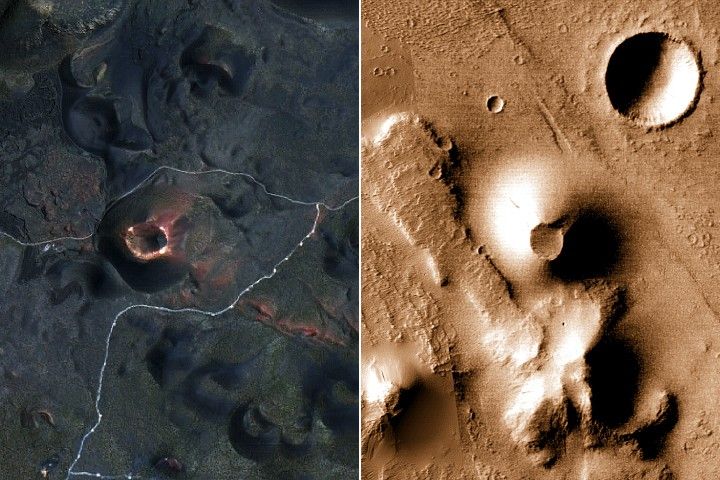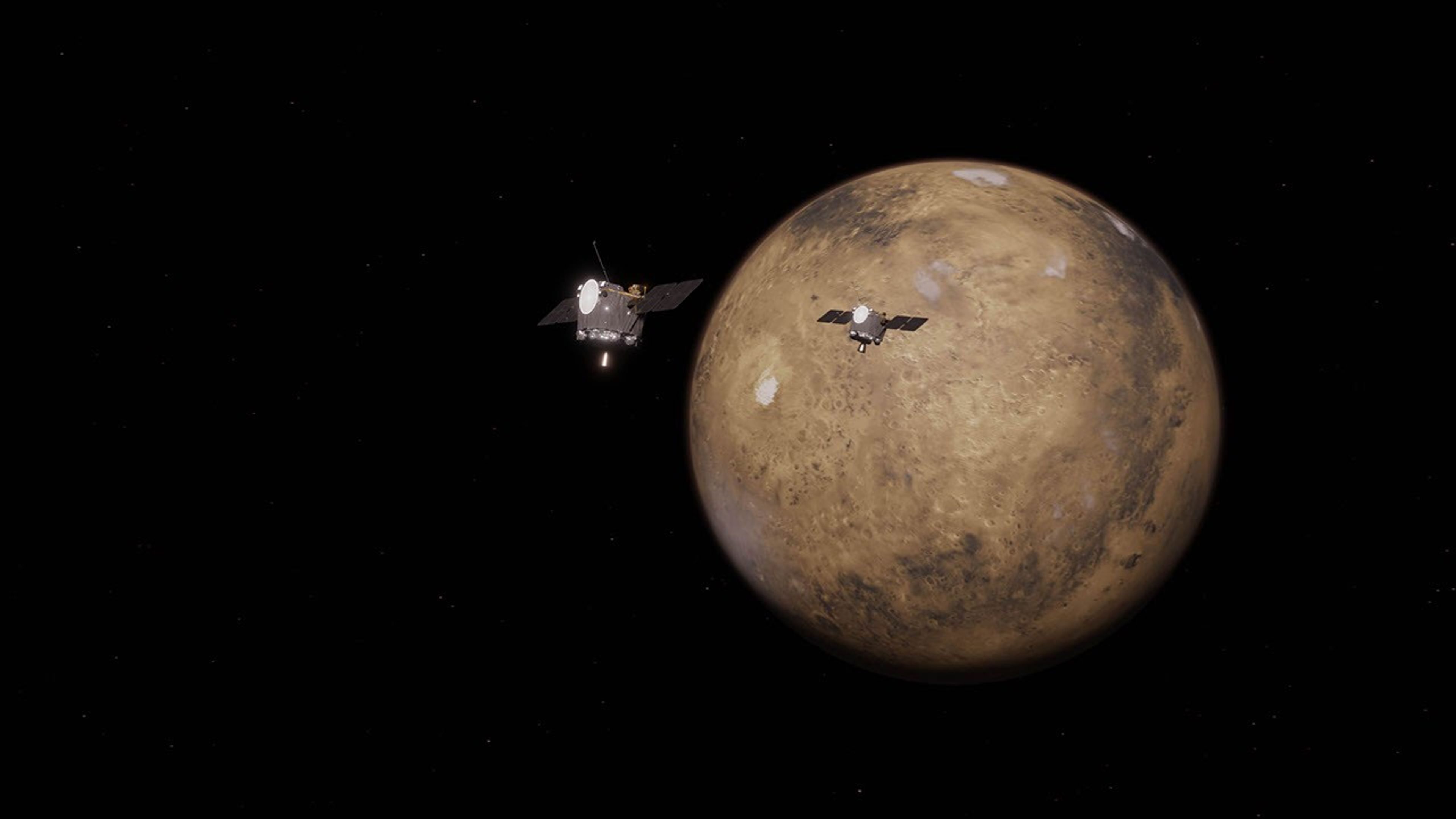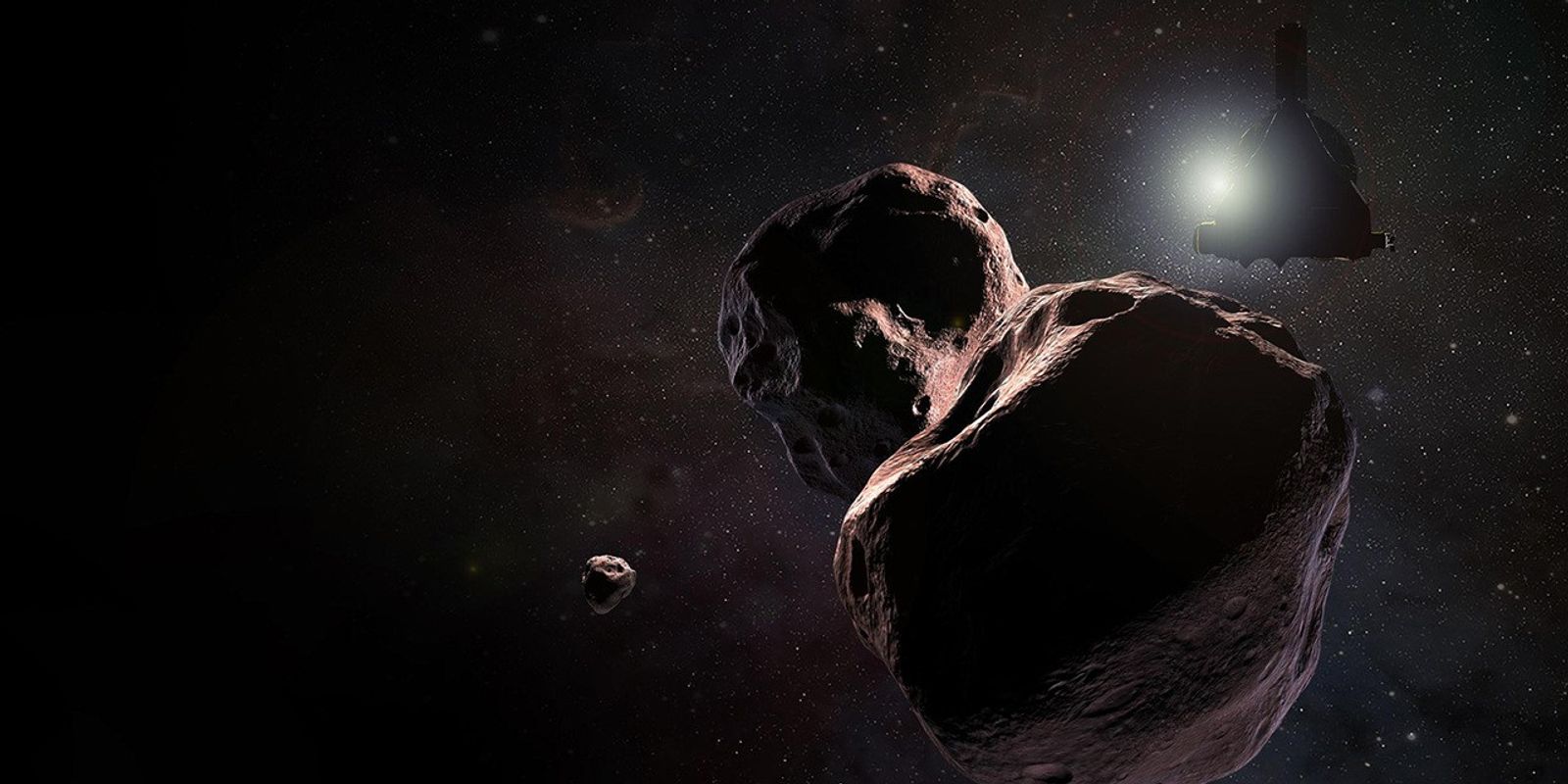When the three main engines of the Space Shuttle thunder to life during the launch of Discovery, their roar not only marks astronauts once again venturing into space but also trumpets a salute to the man whose vision made such a journey possible.
Seventy-five years ago, on March 16, 1926, Dr. Robert H. Goddard successfully launched the first liquid fueled rocket. The launch took place at Auburn, Massachusetts and is regarded by flight historians to be as significant as the Wright Brothers at Kitty Hawk.
Goddard's 10-foot long rocket utilized gasoline and liquid oxygen for its flight. While his creation weighed only 10 1/2 pounds (4.5 kg) , including fuel, and flew just over 40 feet (12 m) in altitude, it utilized the same basic technology that would later allow the 6 million pound Saturn V rocket to carry men 239,000 miles (384,000 km) to the moon.
In addition to the Space Shuttle, the vast majority of unmanned rockets that deliver spacecraft and satellites to Earth orbit or off on inter-planetary expeditions, utilize a liquid propulsion system.
The successful use of a liquid fuel propulsion system was only one of many significant achievements by Goddard. During his lifetime he designed, built and launched 35 rockets of increasing sophistication.
Goddard improved his sounding rockets' designs, developing turbo-pump systems; gyro-stabilization; aerodynamic and jet-deflector flight controls; automatic sequencing launch systems; flight trajectory tracking and recording devices; gimbal-mounted clustered rocket motors and parachute recovery systems.
Editor's Note: The NASA Video File broadcast the week of March 12-16, 2001 will include footage honoring the 75th anniversary of Goddard's historic launch. On March 16, NASA Chief Historian Roger Launius and Tom Crouch from the National Air and Space Museum will be interviewed on NASA TV. The NTV signal is broadcast on GE-2, transponder 9C, C-Band, located at 85 degrees West longitude. The frequency is 3880.0 MHz. Polarization is vertical and audio is monaural at 6.8 MHz.
Ed Campion
News Chief , Goddard Space Flight Center
Voice: 301-286-0697
Fax: 301-286-1707
Email: ecampion@pop100.gsfc.nasa.gov










